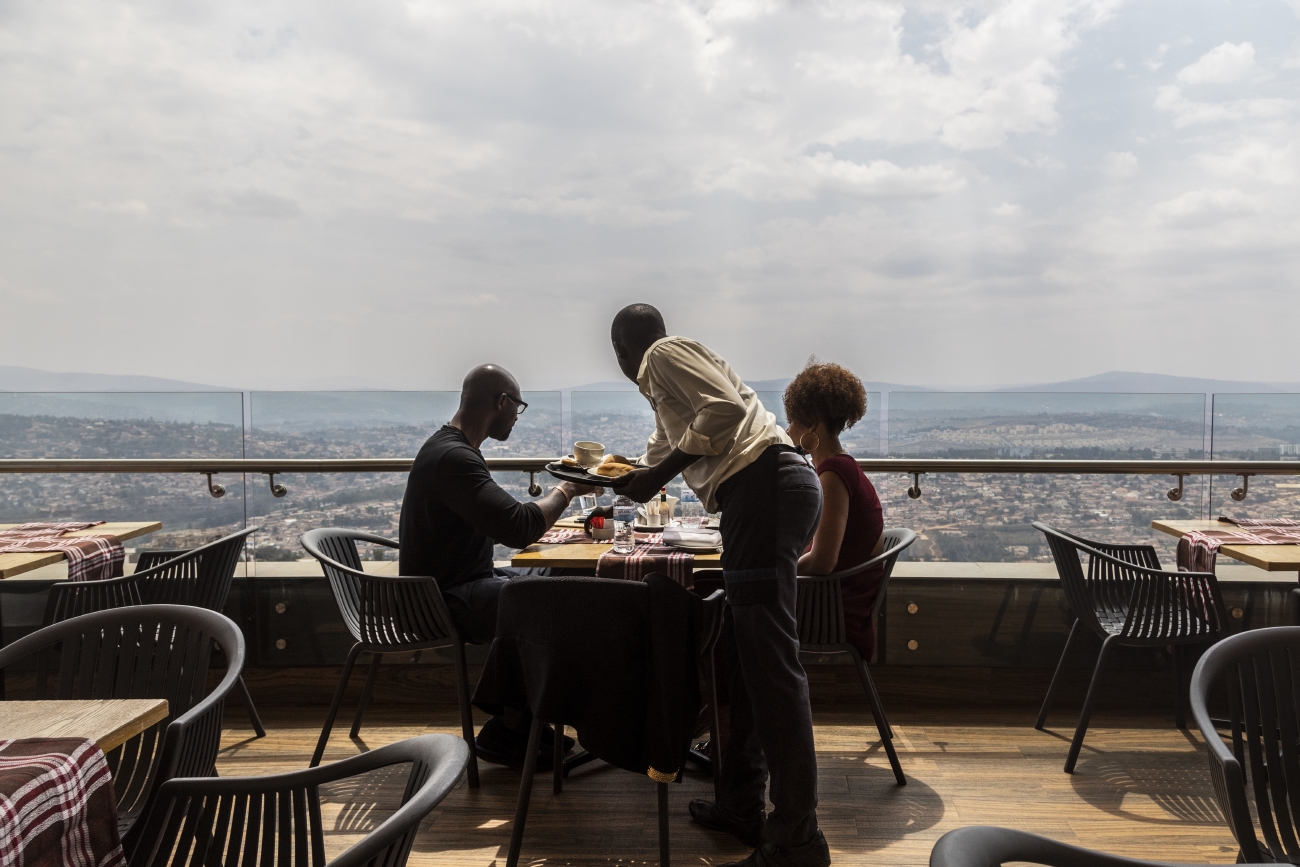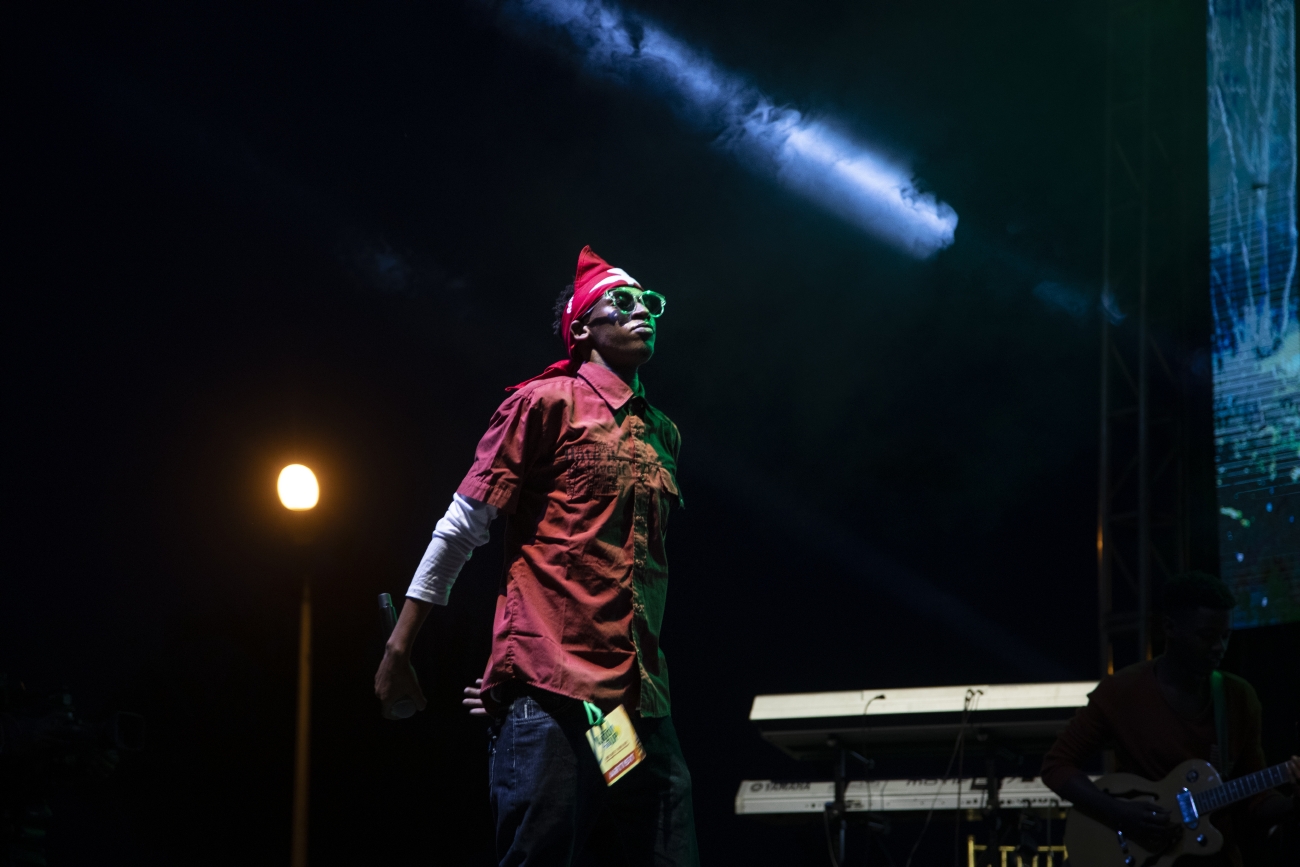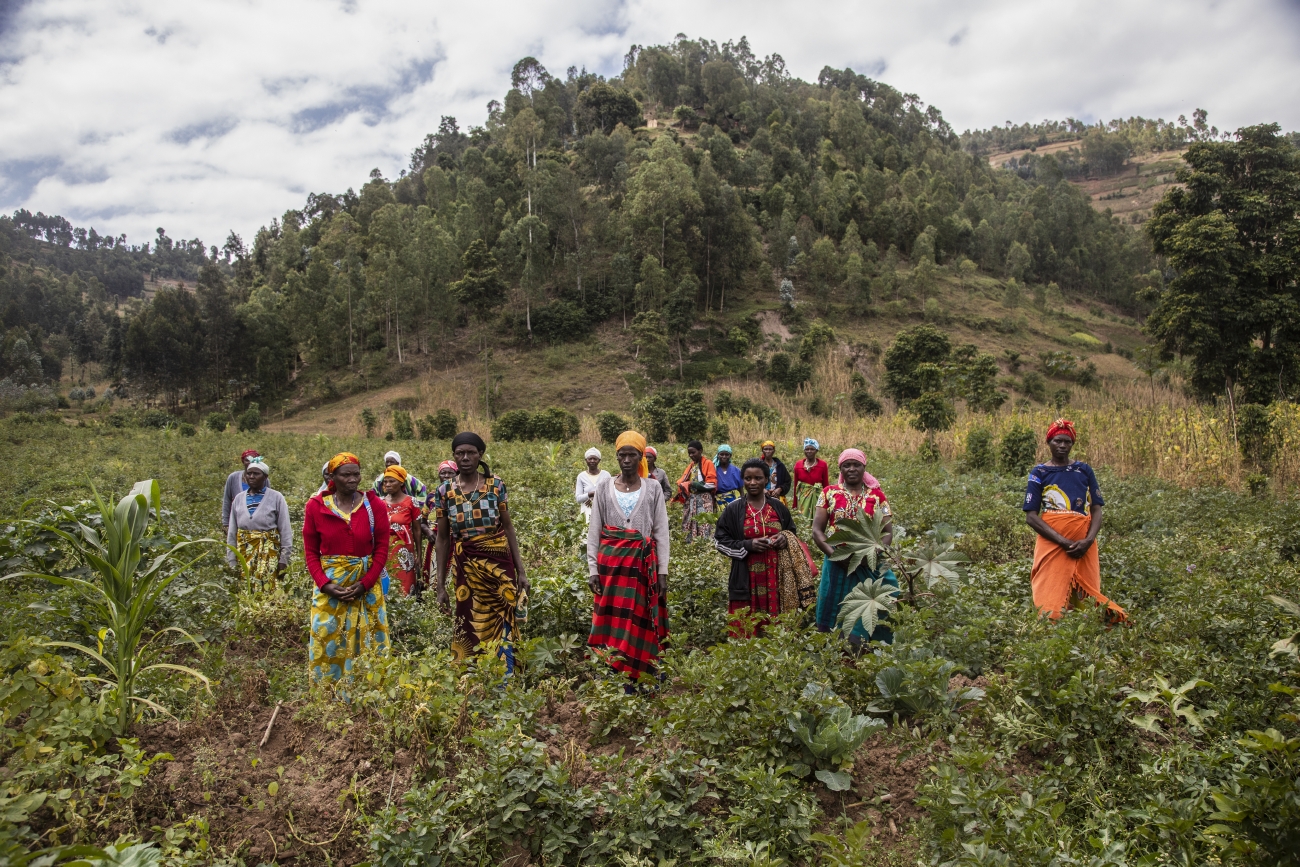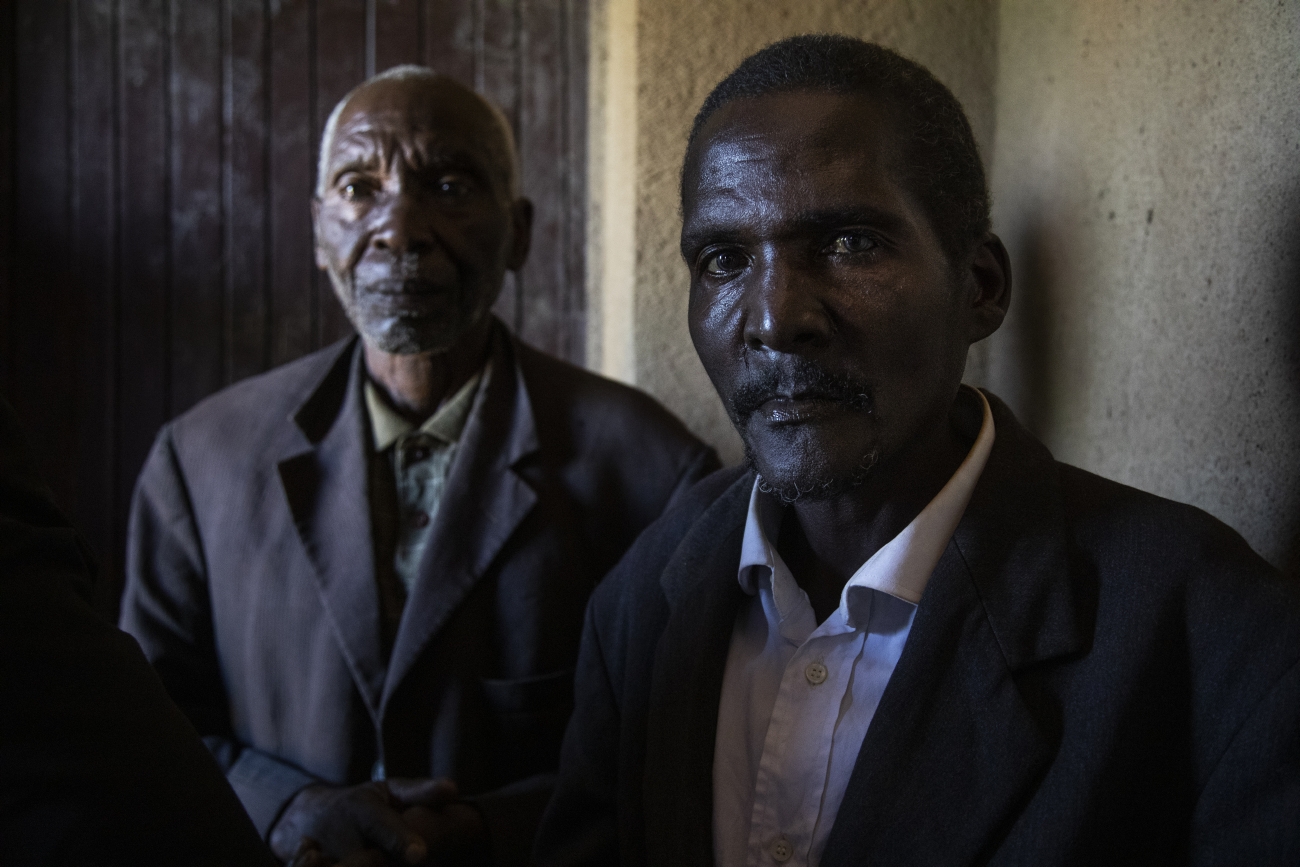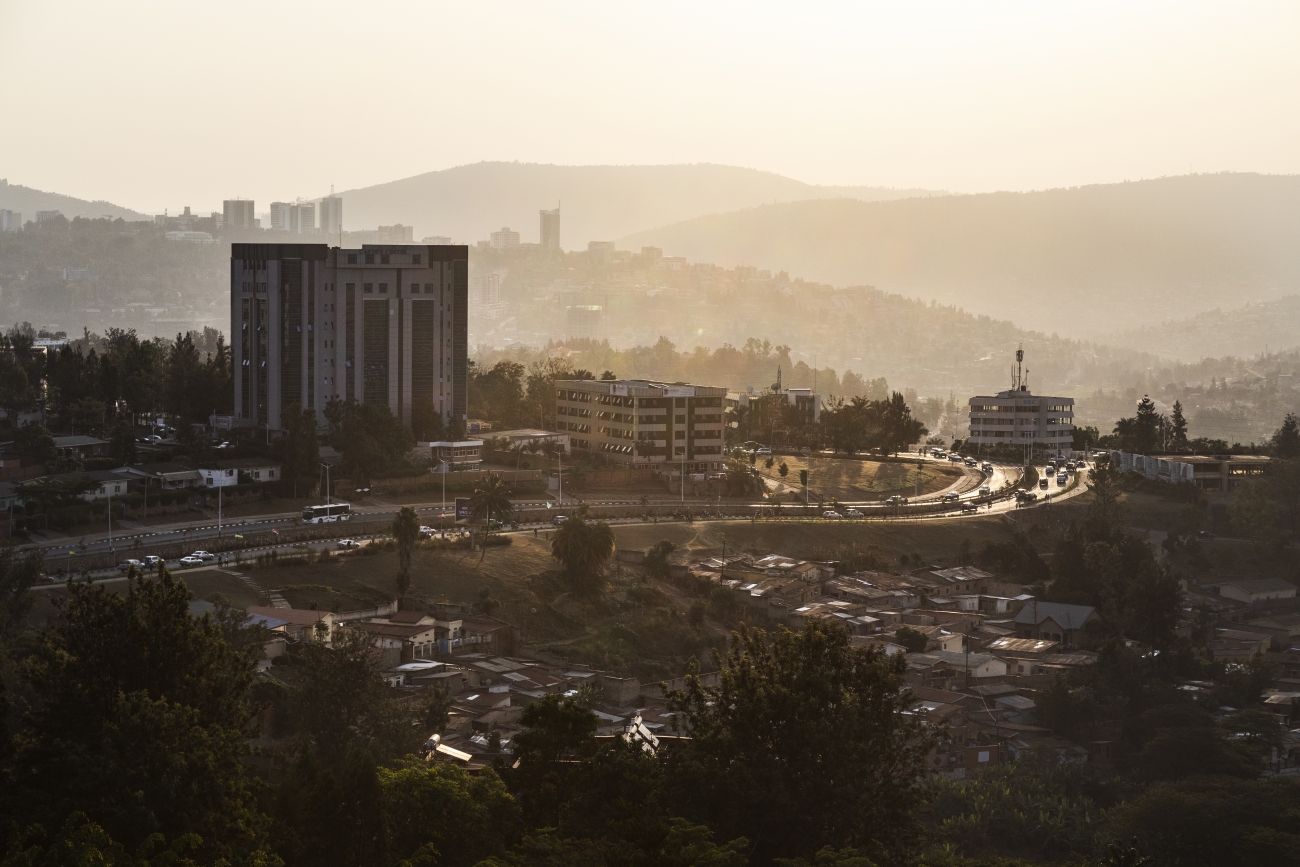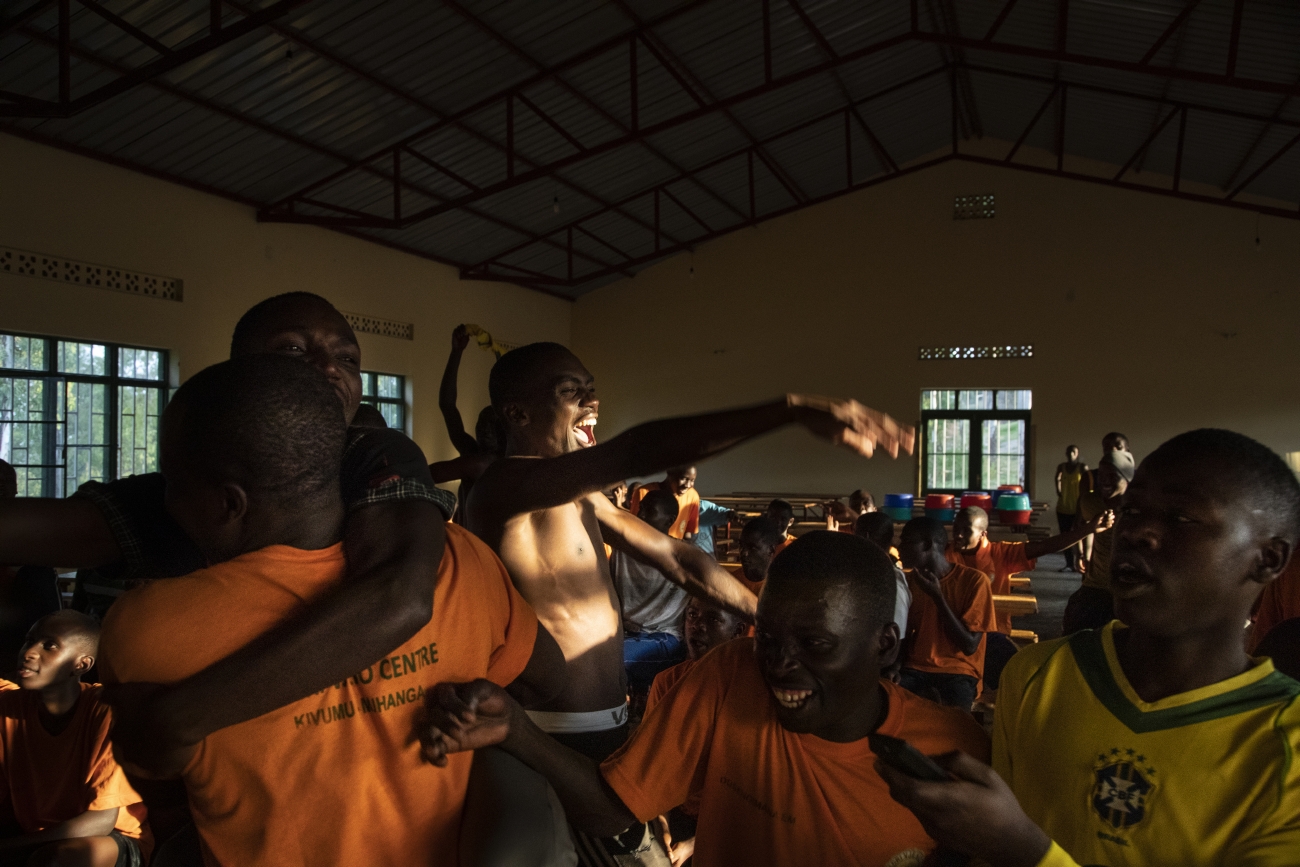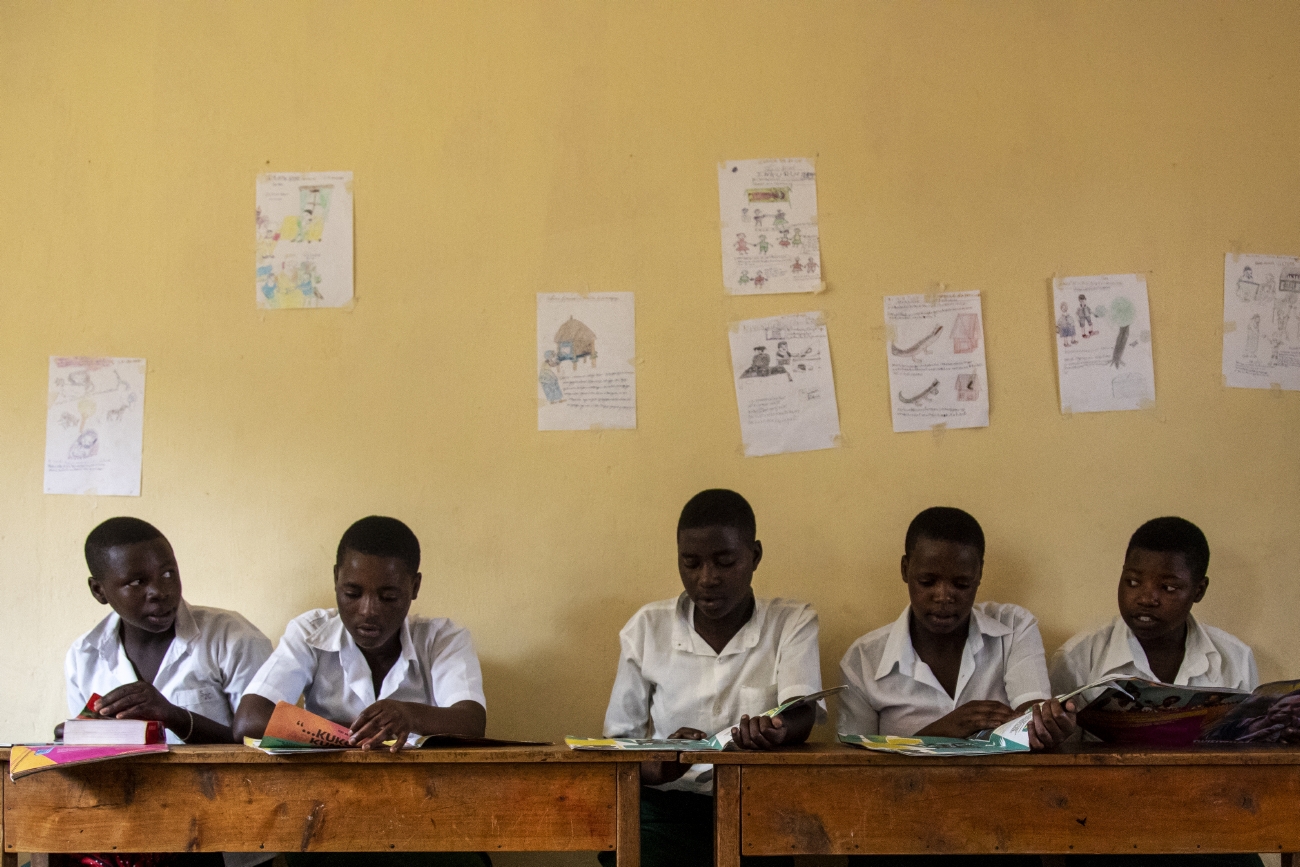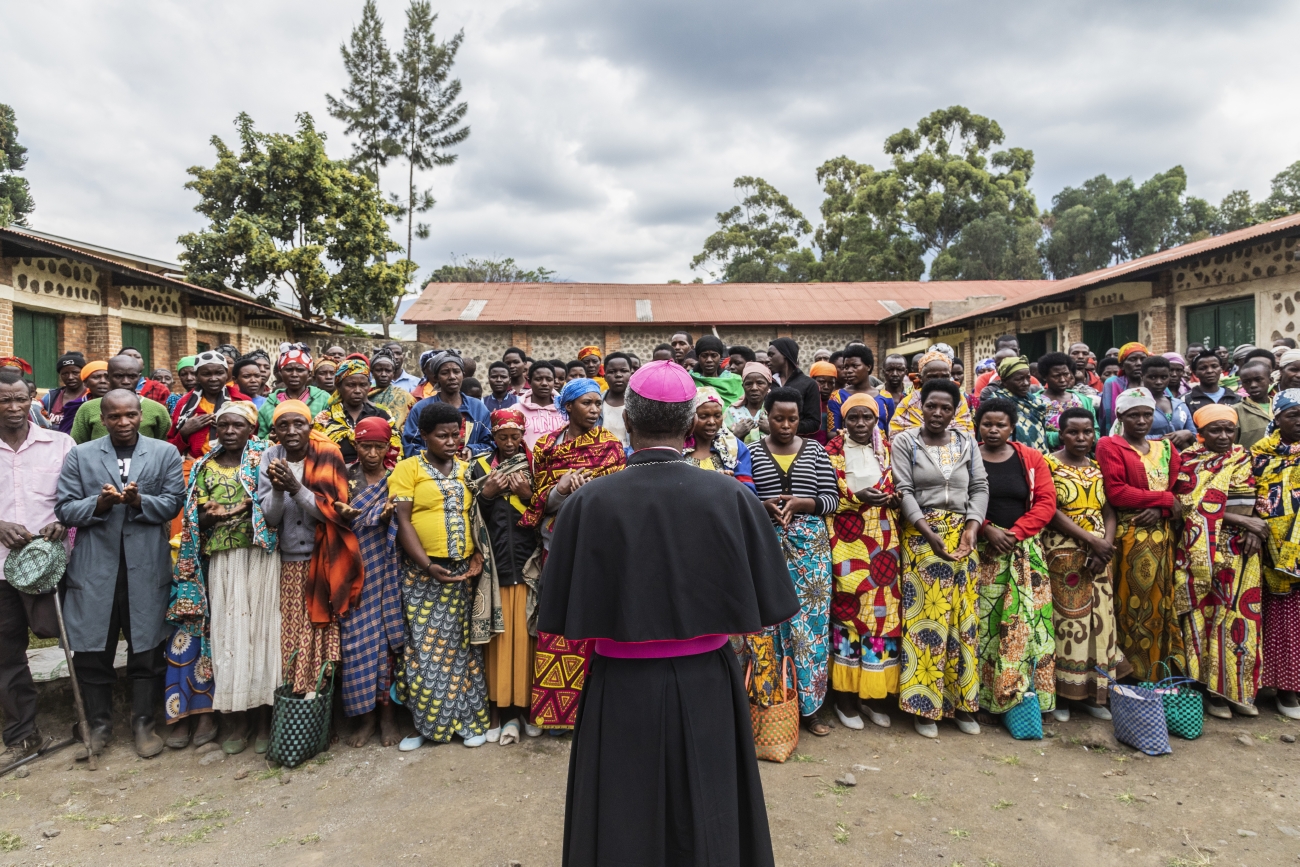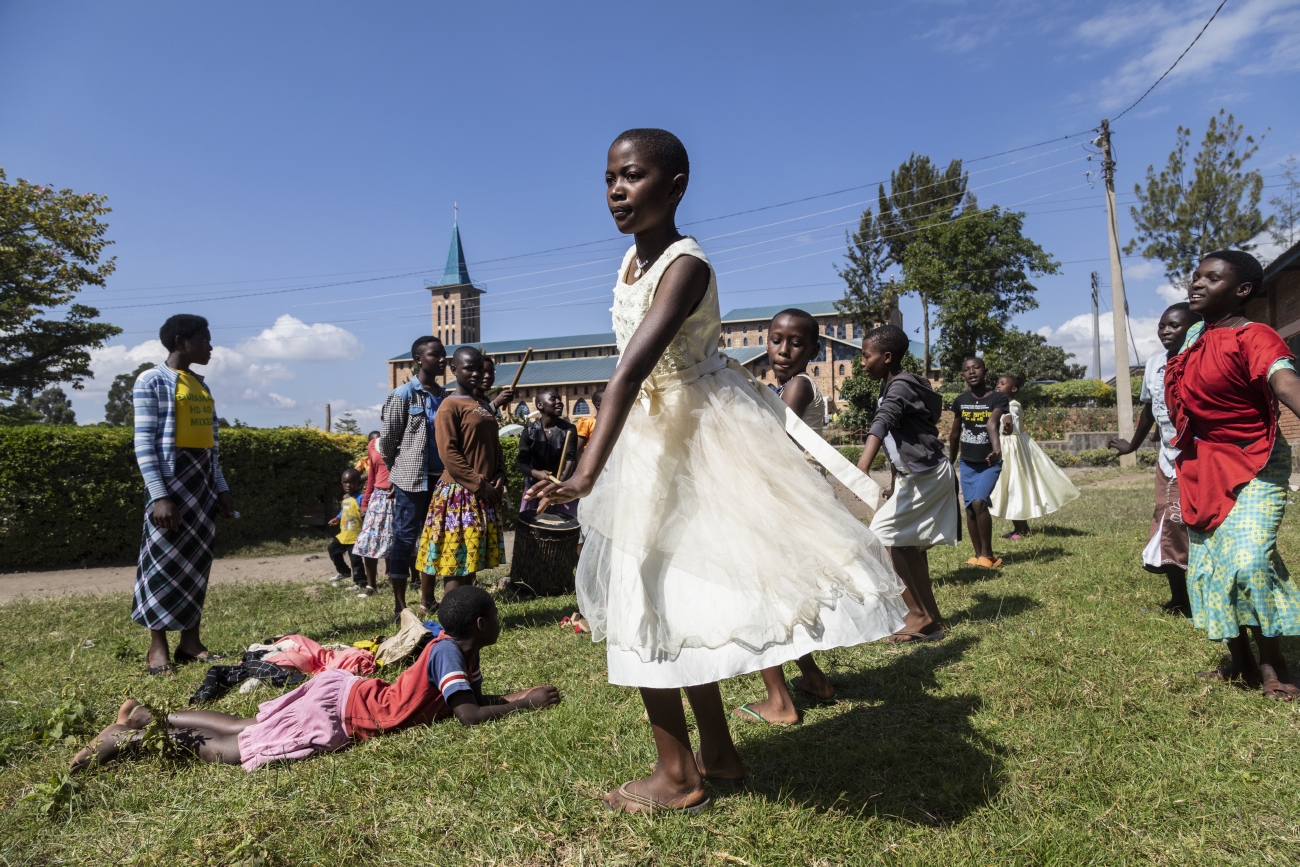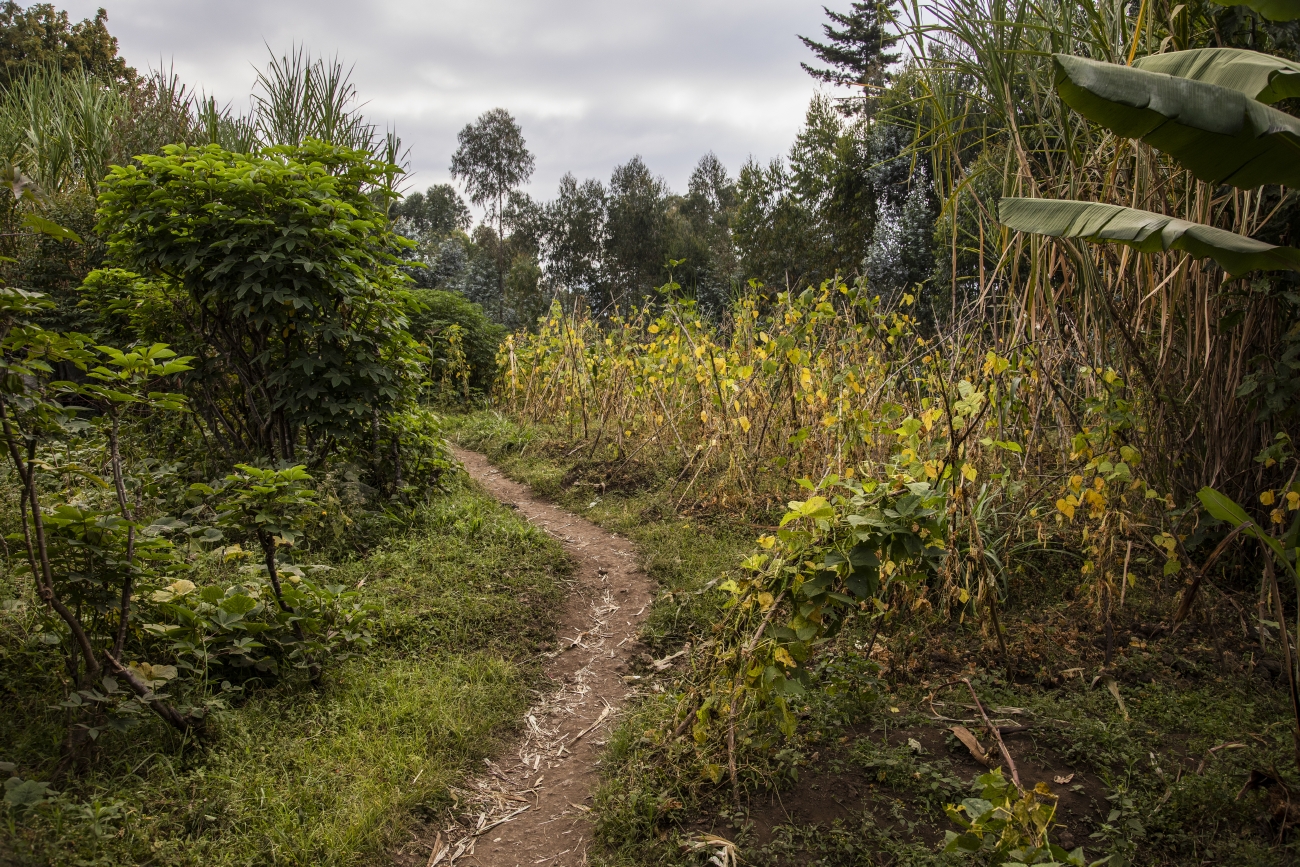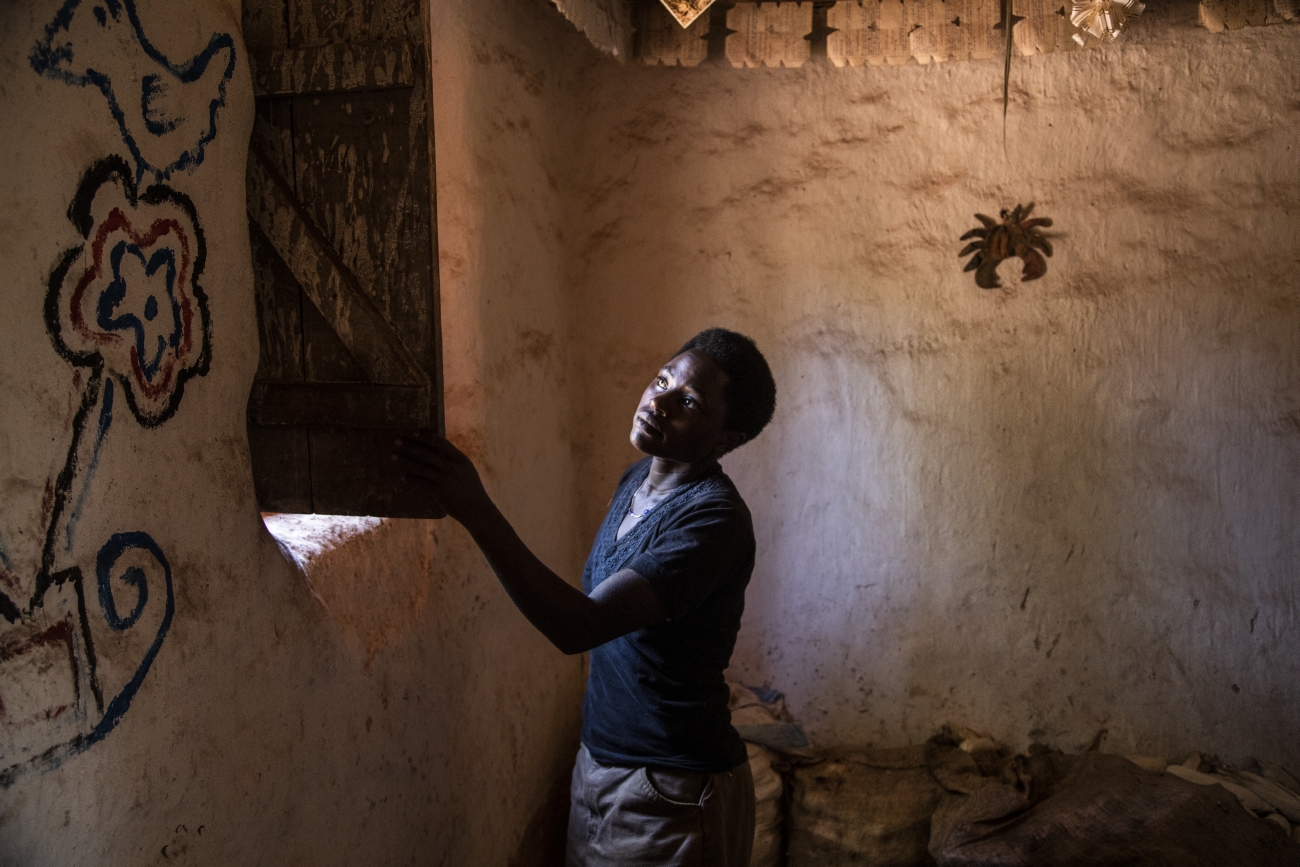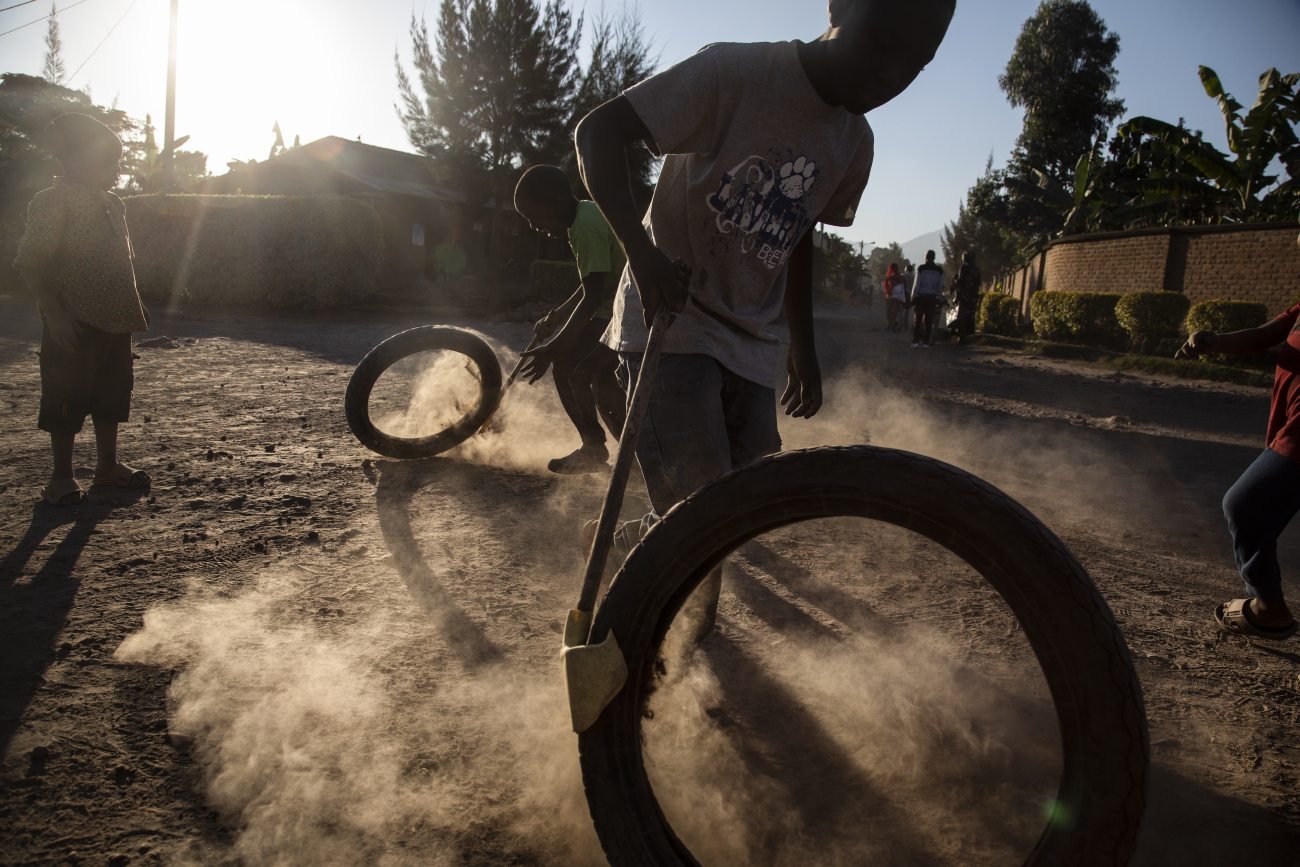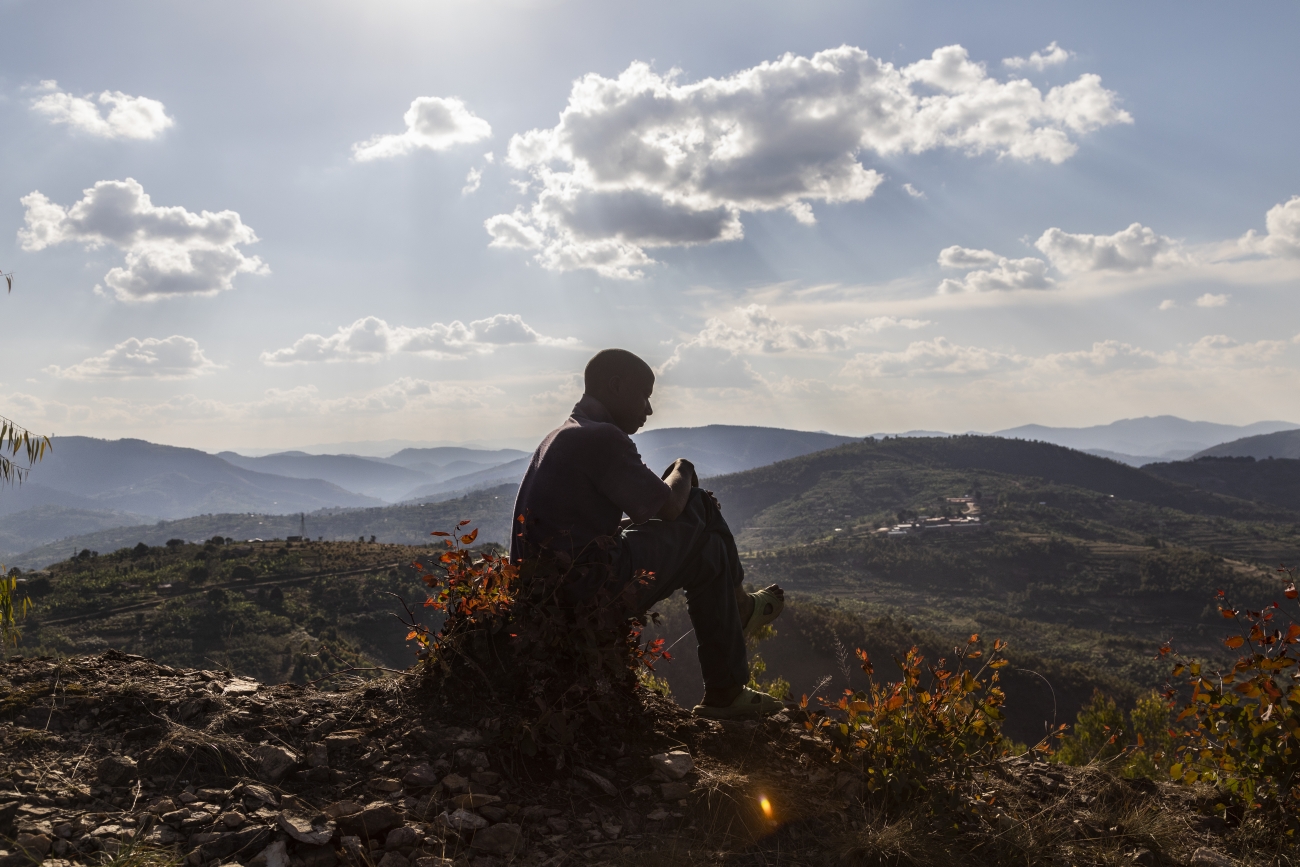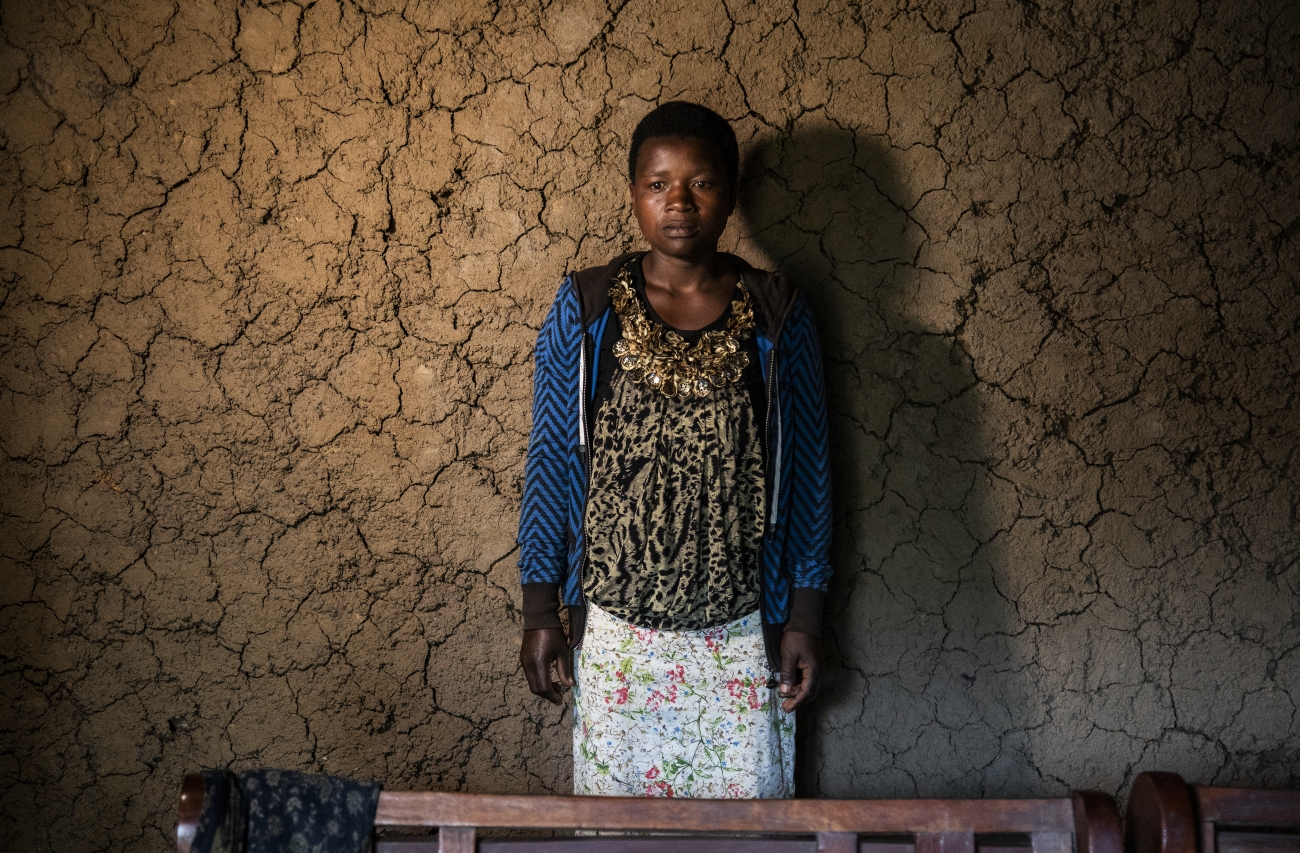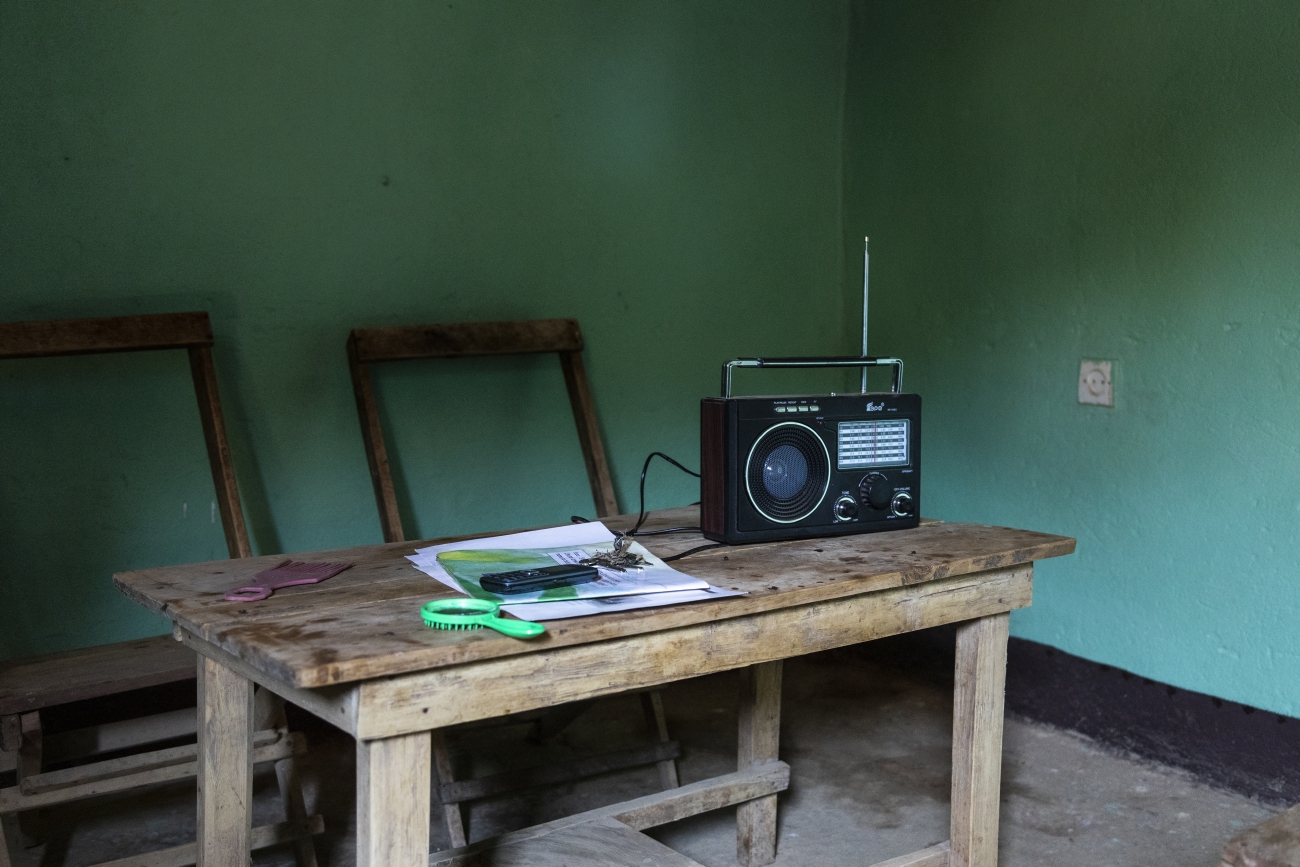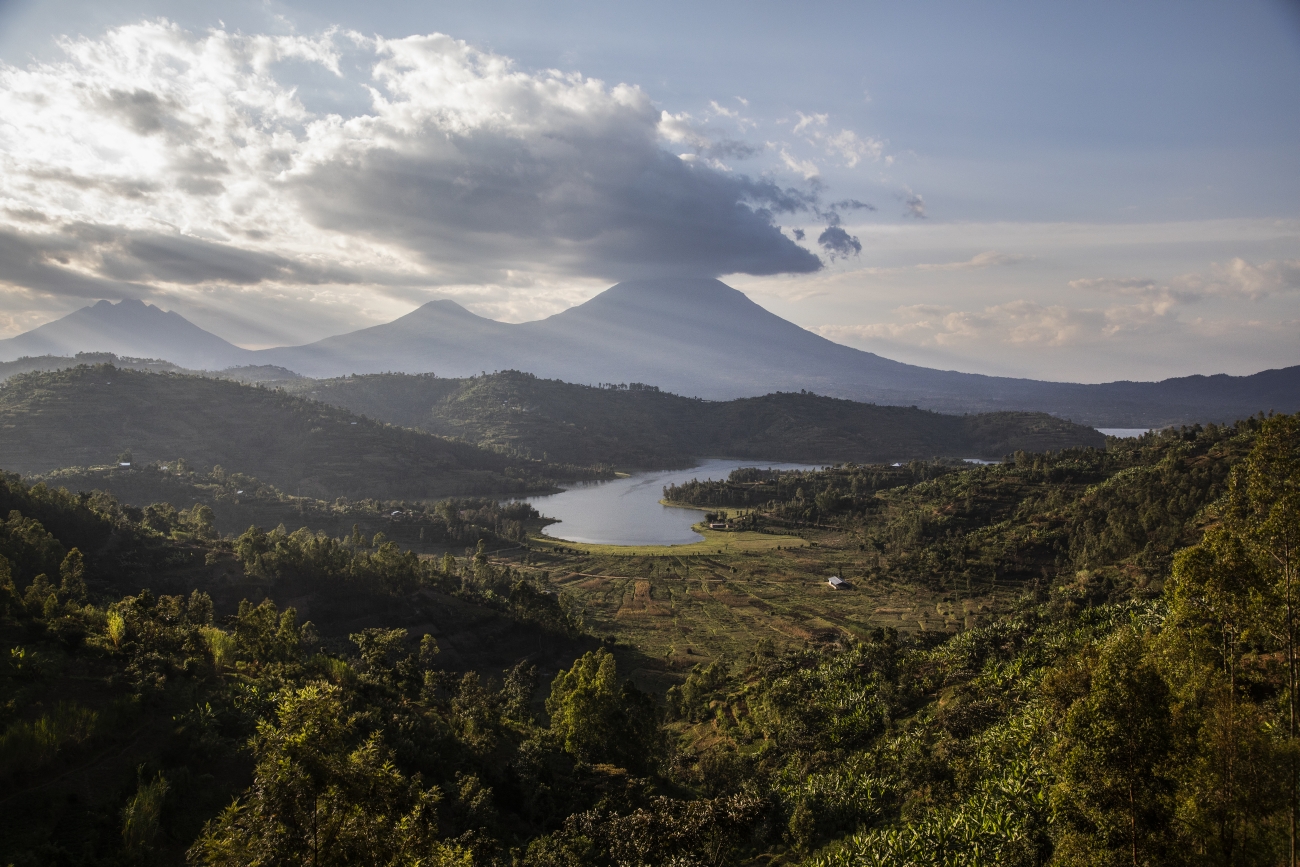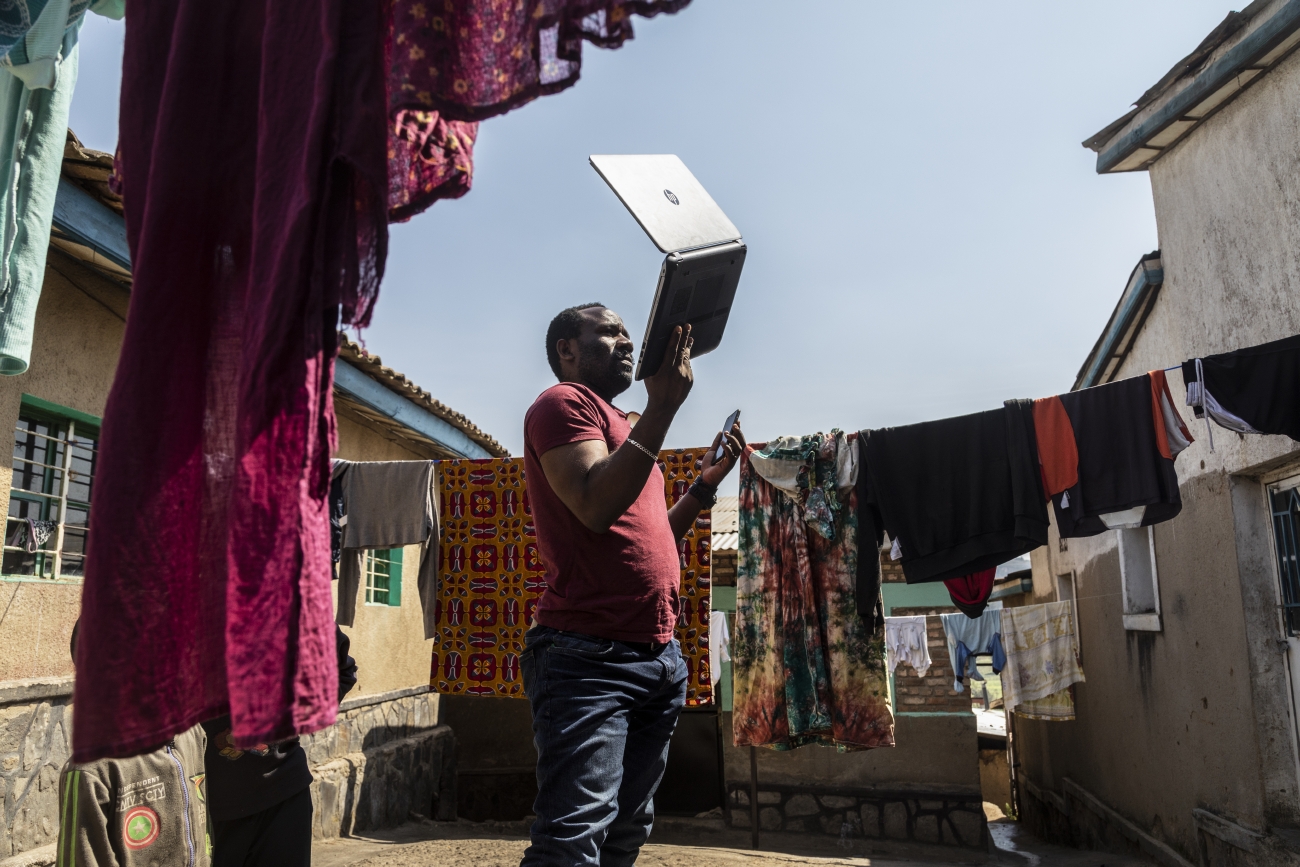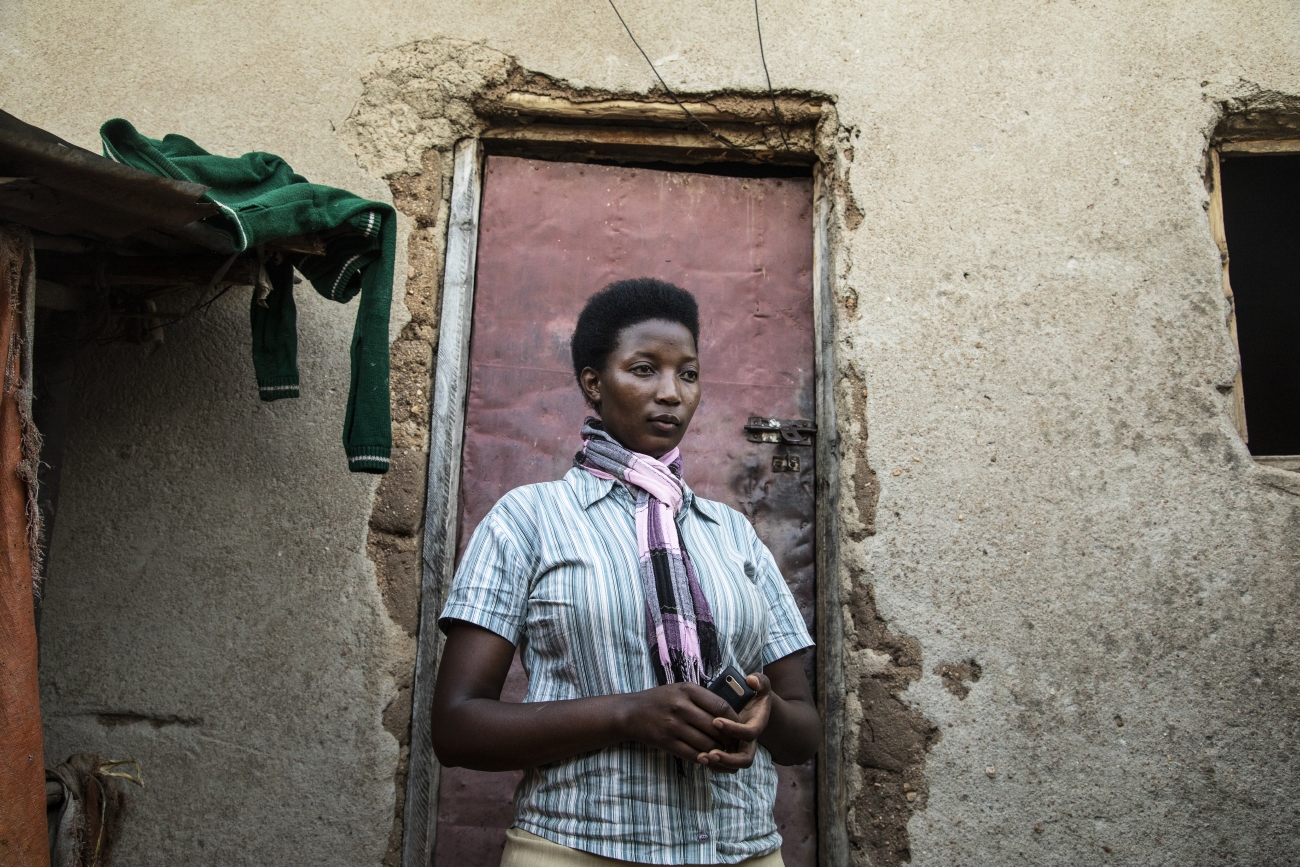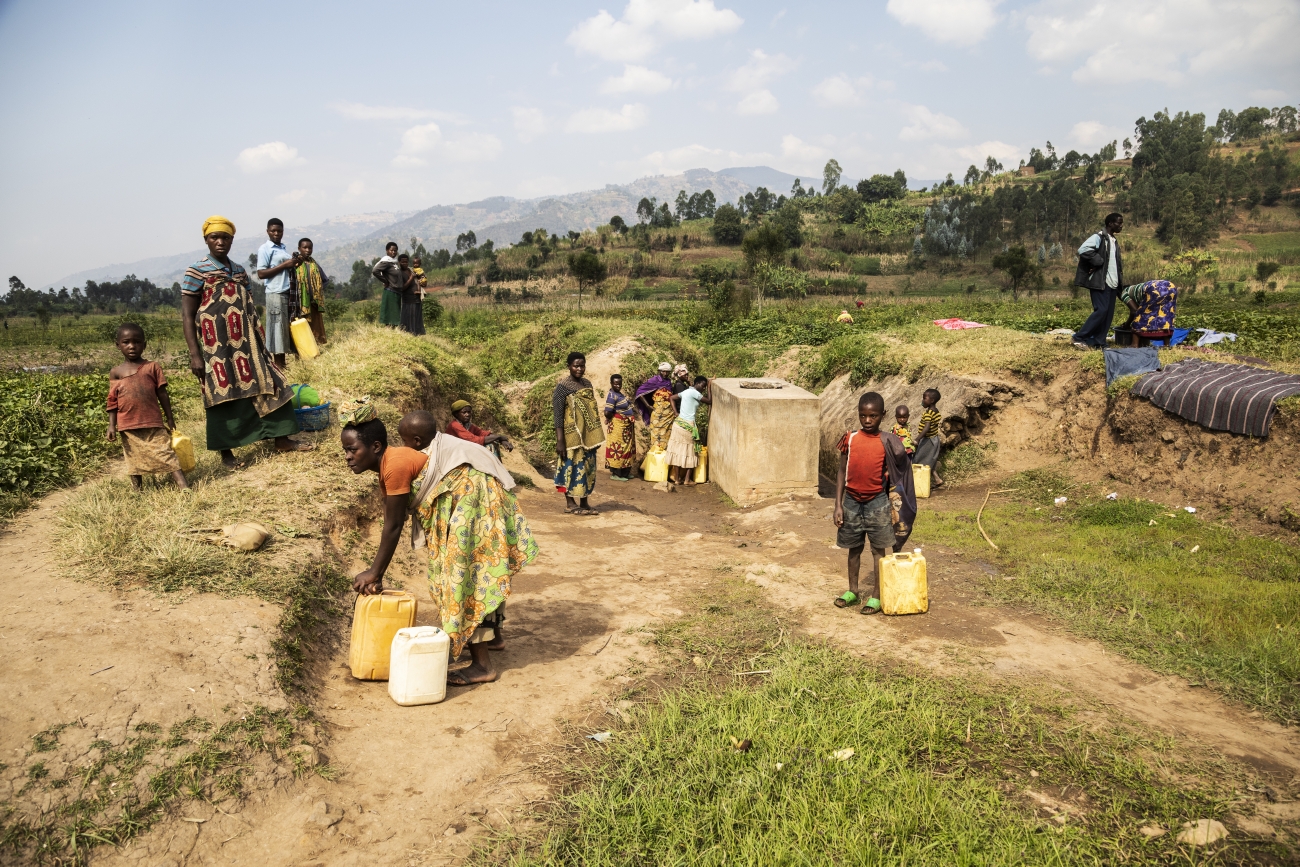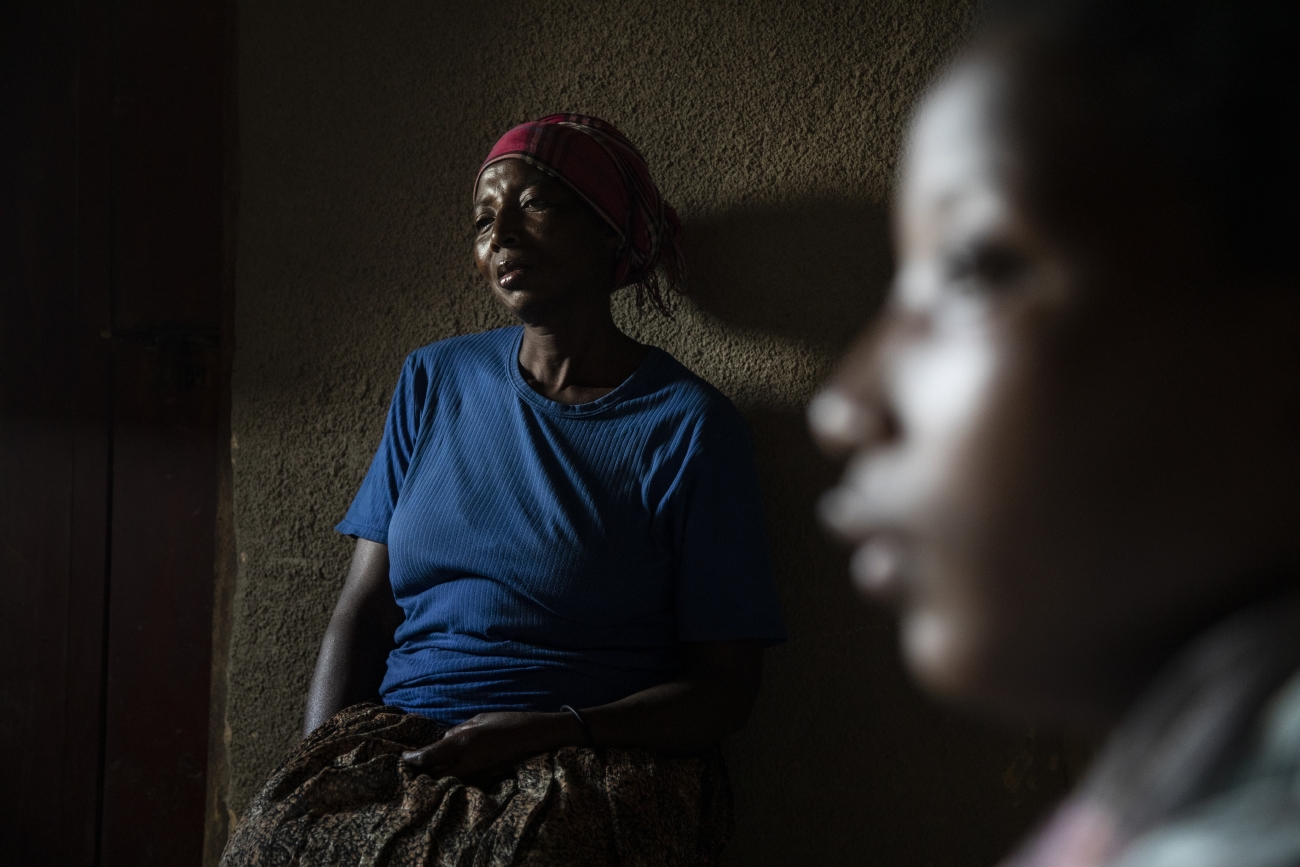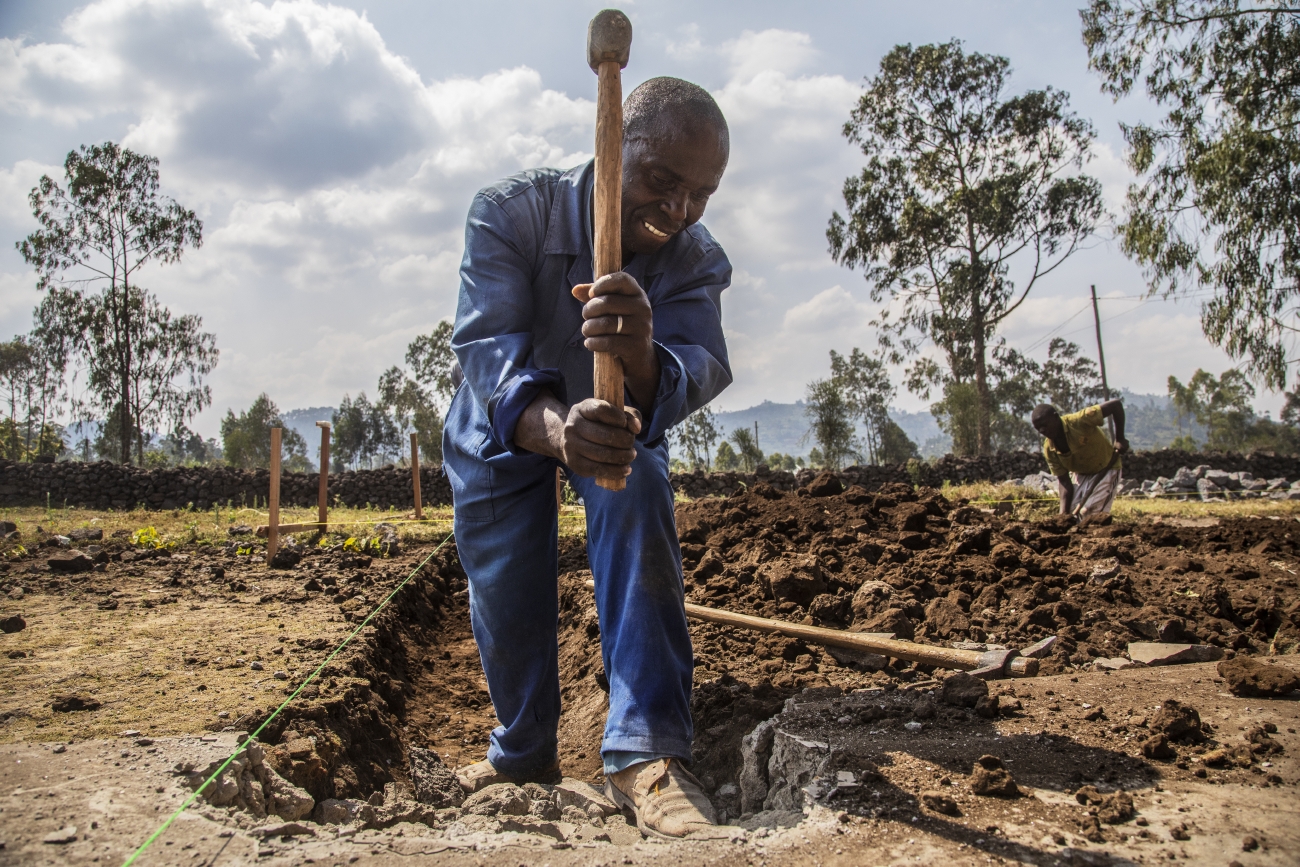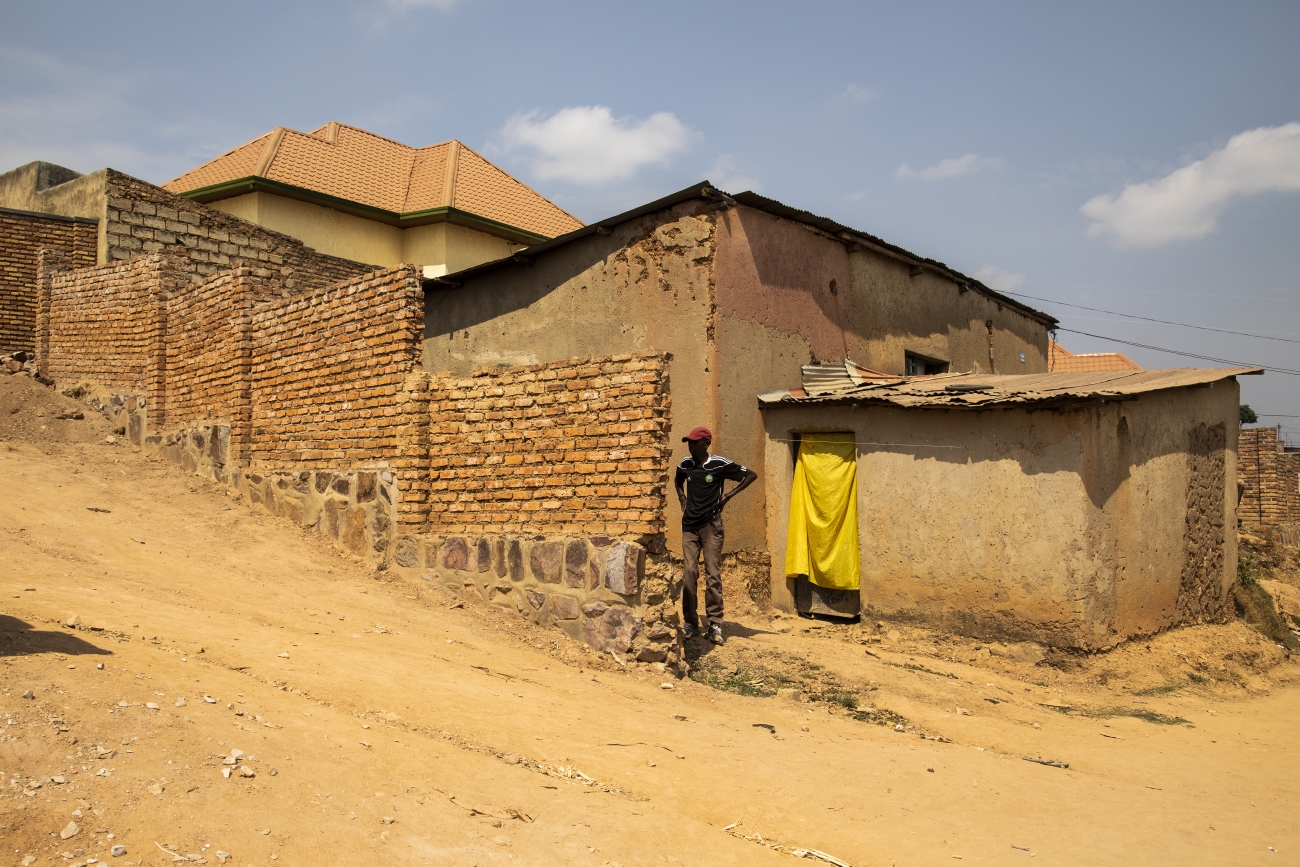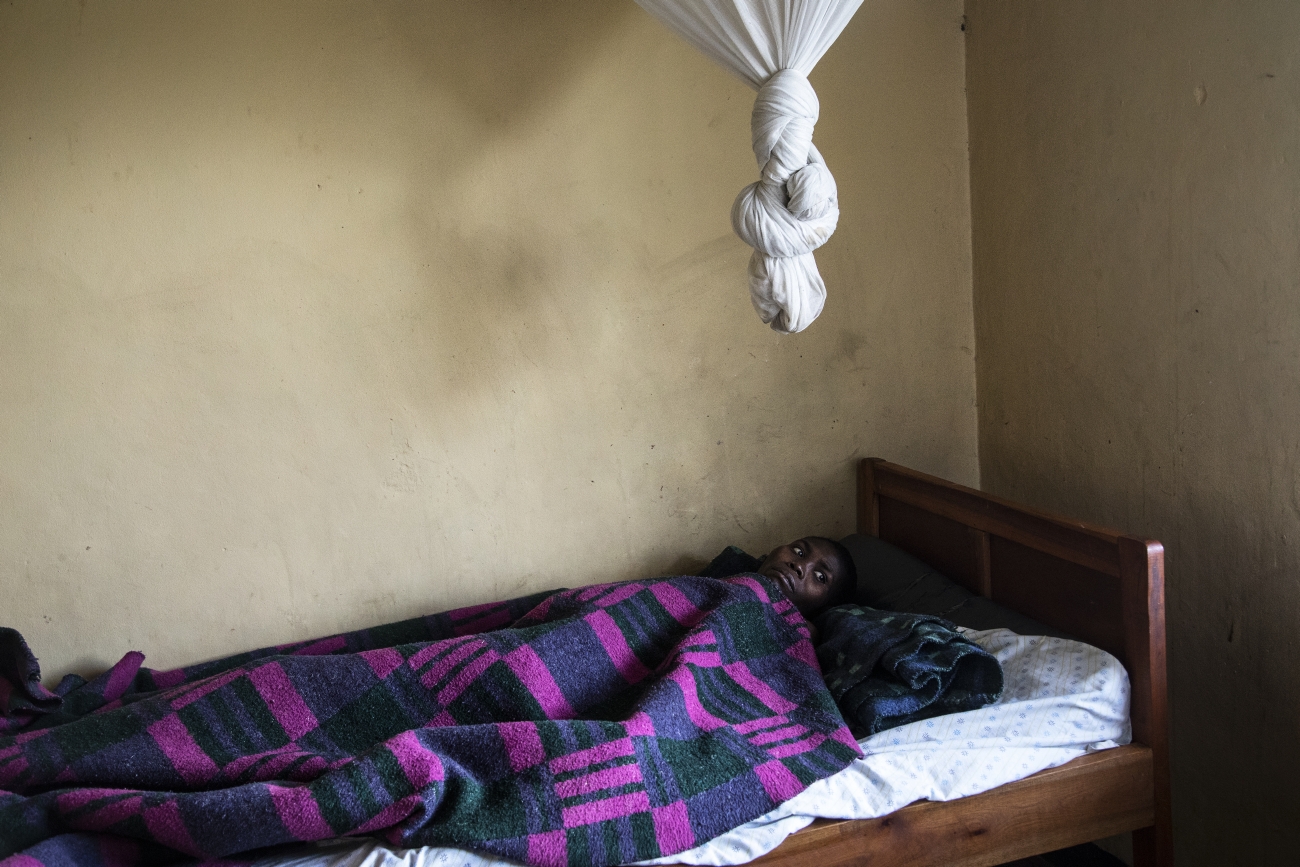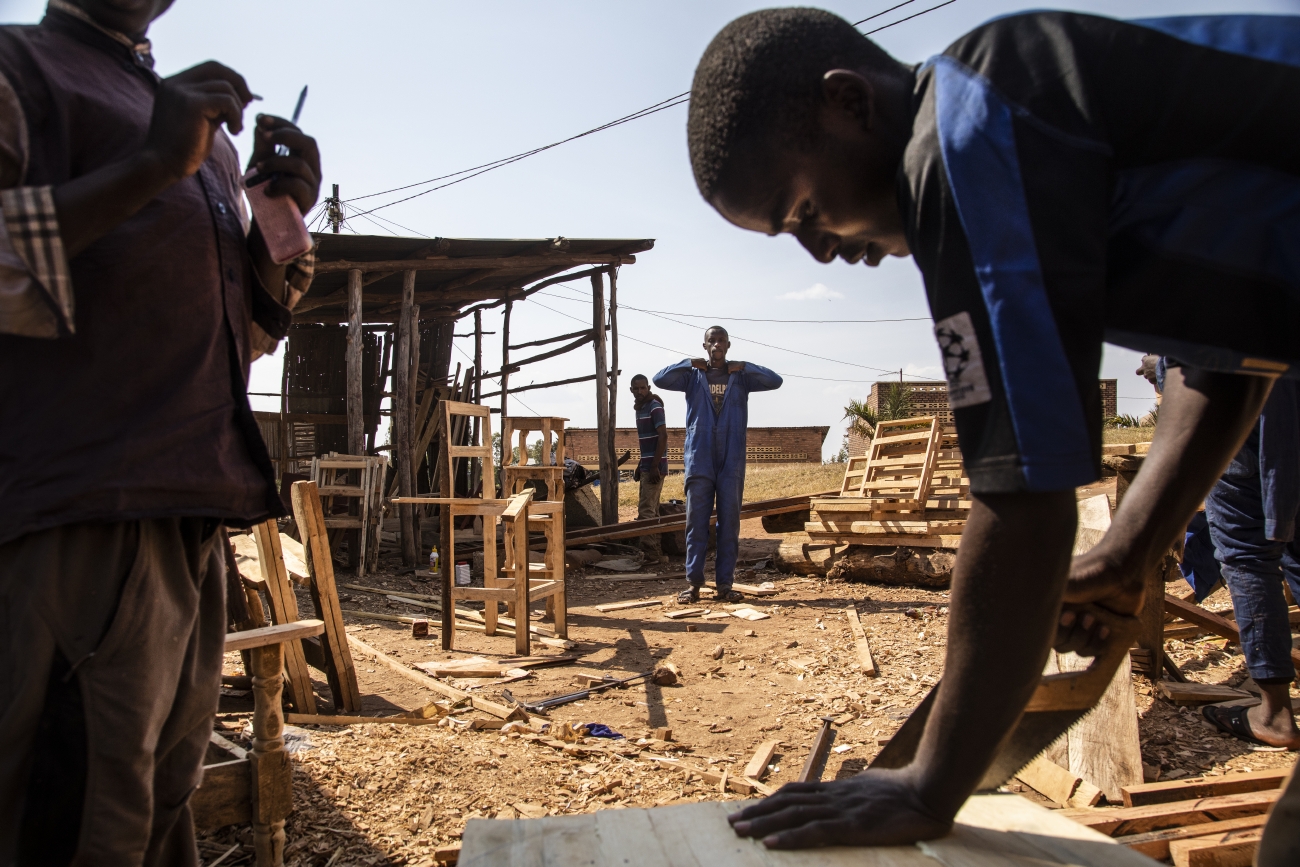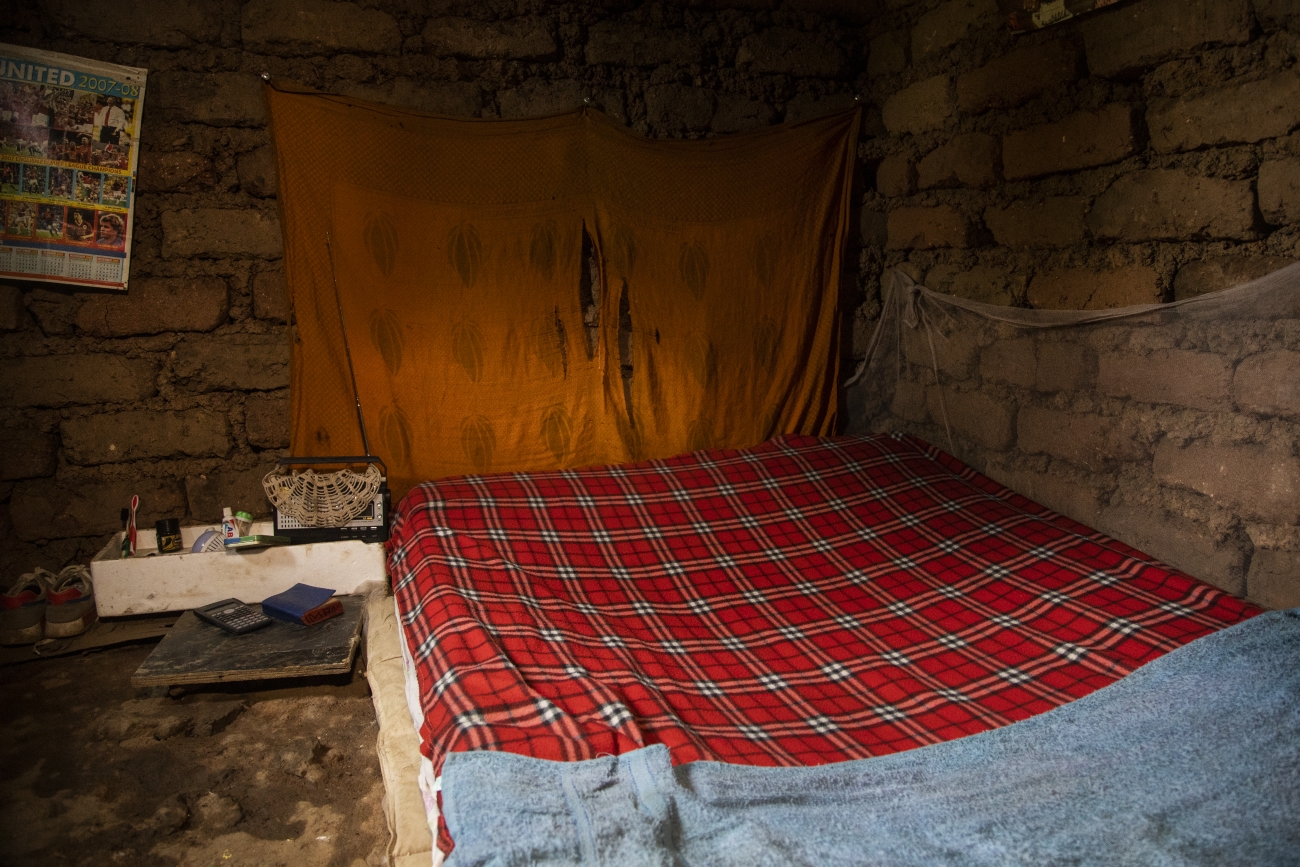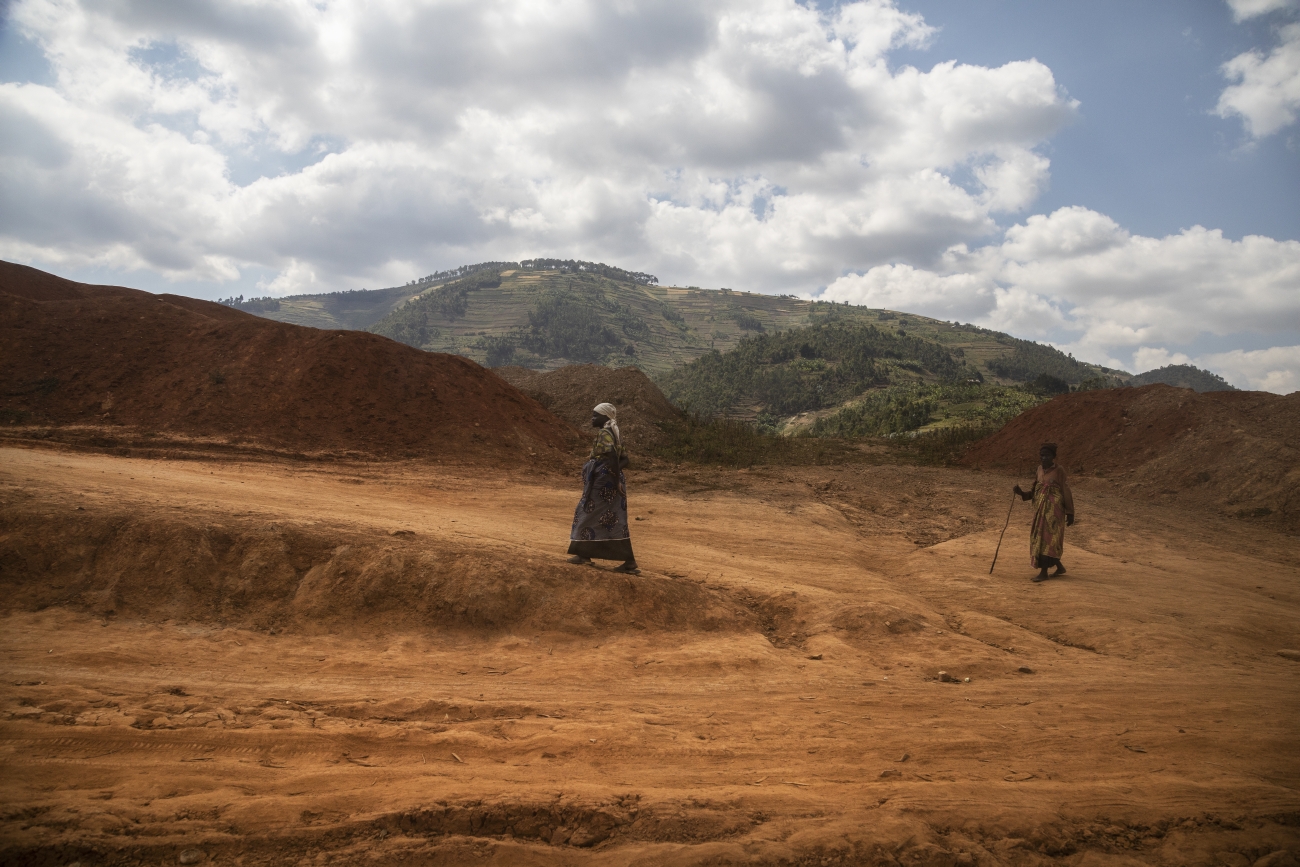1994
A new generation is growing up. In peace, eventually
Photo by Andrea Signori
For Rwanda, 1994 was a year of genocide, destruction, Tutsis slaughtered by machete, Western indifference, refugees fleeing to the Congo, Uganda and Tanzania and thousands of orphans. It was Year Zero, a watershed between what was and what came after.
The aftermath is an economy to breathe new life into, a country to reconstruct, trust to re-establish. It’s the year when a new generation was born, the post-genocide generation, now celebrating its 29th birthday – hundreds of thousands of young people, many of whom have lost at least one parent, rootless and with no family to turn to. For twenty-nine years president Paul Kagame, leader of the Rwandan Patriotic Front, a rebel movement that freed the country from the madness of genocide, has implemented a series of intense development policies. Foreign investment has reached a level of 1.5 billion dollars and GDP rose by an average of 8.3% between 2002 and 2009, peaking at 11.5% in successive years, leading Rwanda to be described as the Switzerland of Africa.
However, behind the facade of apparent stability, the tensions of community life are still palpable. The government is striving to keep them under control through a comprehensive policing system and imposing re-education programmes to kerb the violence and encourage mutual assistance.
While the country’s economic development seems miraculous on paper, in reality only a small part of the population benefits. There is a yawning gap between the lifestyle in the urban centres and in the hills. Over half a million graduates are unemployed or forced to do manual work. For many of the young people in the post-genocide generation escaping a life of hard labour remains an impossible dream.
(2018)
